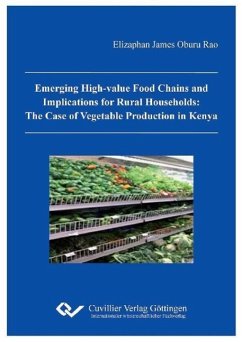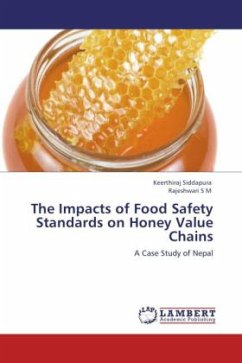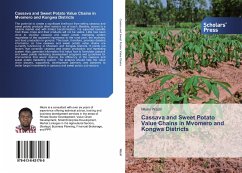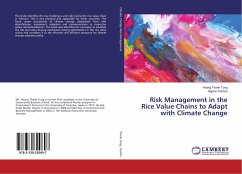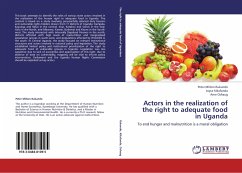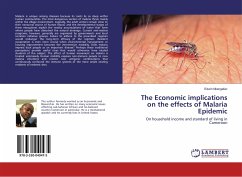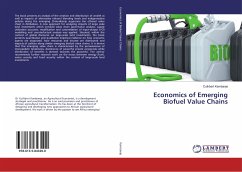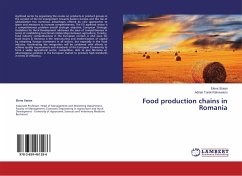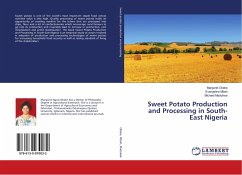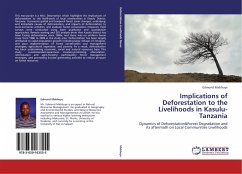
The Cassava Value Chains and Economic Implications on Actors in Ghana
Versandkostenfrei!
Versandfertig in 6-10 Tagen
51,99 €
inkl. MwSt.

PAYBACK Punkte
26 °P sammeln!
Currently, the cassava crop is transiting from a staple food commodity into an industrial crop for the production of starch and ethanol and this suggests probable changes in marketing arrangements and conditions. The present study analysed the cassava chains and the economic implications on actors in Southern Ghana. The value chain actors interviewed include cassava farmers and small-scale (gari and agbelima) processors who were selected randomly and large-scale cassava processors, purposively selected from the Volta, Eastern and Central regions of Ghana. The field survey was conducted in Octo...
Currently, the cassava crop is transiting from a staple food commodity into an industrial crop for the production of starch and ethanol and this suggests probable changes in marketing arrangements and conditions. The present study analysed the cassava chains and the economic implications on actors in Southern Ghana. The value chain actors interviewed include cassava farmers and small-scale (gari and agbelima) processors who were selected randomly and large-scale cassava processors, purposively selected from the Volta, Eastern and Central regions of Ghana. The field survey was conducted in October and November 2016. The study describes a value chain map for cassava using an organogram and uses percentage distribution of respondents to describe the nature of trust, type of governance structure, and upgrading along the value chain. It used the Herfindahl-Hirschman Index (HHI) to assess market concentration. The value-added and its distribution, return to labour in the value chain and competitiveness of value-added activities were analysed.



